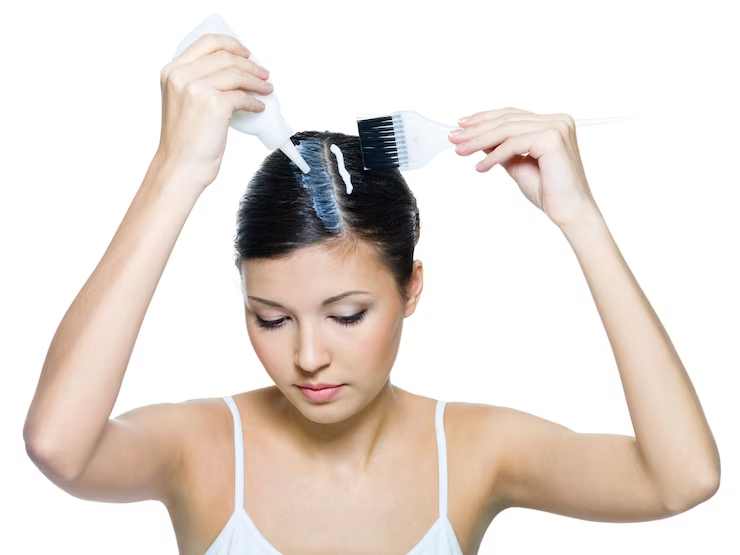A healthy scalp is the foundation for strong, vibrant, and beautiful hair. Yet, it’s often overlooked in hair care routines. In South Africa, where diverse hair types and textures are celebrated, it’s essential to prioritize scalp health. A well-nourished and balanced scalp creates the optimal environment for hair growth, prevents common scalp conditions, and enhances the overall health and appearance of your hair. In this article, we’ll explore the importance of promoting a healthy scalp in South Africa and provide practical tips to achieve it.
- Keep Your Scalp Clean: Regularly cleansing your scalp is the first step in promoting its health. Choose a gentle shampoo that suits your hair type and texture, and massage it into your scalp to remove dirt, excess oil, and product buildup. Remember to rinse thoroughly to prevent residue accumulation. Aim to wash your hair and scalp at least once or twice a week, depending on your hair’s needs and lifestyle.
- Maintain Proper Hydration: Just like your skin, your scalp needs hydration to stay healthy. Dehydration can lead to dryness, flakiness, and itchiness. Ensure you’re drinking an adequate amount of water daily to keep your scalp and hair hydrated from within. Additionally, consider using a moisturizing conditioner or scalp oil specifically formulated for your hair type to provide extra hydration to your scalp.
- Avoid Harsh Chemicals: Many hair care products, including shampoos and styling products, contain harsh chemicals that can strip the scalp of its natural oils and disrupt its balance. Look for products that are free from sulfates, parabens, and other potentially harmful ingredients. Instead, opt for gentle, natural or organic products that nourish and protect your scalp without causing irritation or dryness.
- Massage Your Scalp: Scalp massage is a simple yet effective technique to stimulate blood circulation, promote relaxation, and support hair growth. Using your fingertips, gently massage your scalp in circular motions for a few minutes each day. This helps to distribute natural oils, nourish the hair follicles, and remove any buildup, while also providing a soothing experience.
- Protect Your Scalp from the Sun: The South African sun can be intense, and prolonged exposure can damage your scalp and hair. Protect your scalp by wearing a hat, scarf, or using a sunscreen specifically designed for the scalp. This will shield your scalp from harmful UV rays, preventing sunburn and potential damage.
- Maintain a Balanced Diet: Nutrition plays a vital role in scalp health. Ensure your diet includes a variety of nutrient-rich foods, such as fruits, vegetables, lean proteins, and healthy fats. These provide essential vitamins and minerals that support scalp health and hair growth. Consider incorporating foods rich in omega-3 fatty acids, such as fish, nuts, and seeds, which can help reduce inflammation and nourish the scalp.
- Minimize Heat Styling: Excessive heat styling can cause damage to both your hair and scalp. Heat can dehydrate the scalp and weaken the hair follicles. Whenever possible, embrace natural hairstyles or opt for heat-free styling methods to reduce heat-related stress on your scalp.
- Address Scalp Conditions Promptly: If you notice any changes in your scalp’s health, such as excessive dryness, flakiness, itchiness, or the presence of dandruff or scalp conditions, it’s important to address them promptly. Consult a dermatologist or trichologist who specializes in scalp health to diagnose and treat any underlying issues. They can provide personalized advice and recommend suitable treatments or products to restore your scalp’s health.
By prioritizing scalp health in your hair care routine, you can achieve strong, healthy, and beautiful hair. Implement these tips, be consistent with your scalp care practices, and give your scalp the attention it deserves. Remember, a healthy scalp is the foundation for thriving hair, and in South Africa’s diverse hair landscape, embracing and nurturing your unique hair and scalp characteristics will lead to optimal hair health and confidence.










